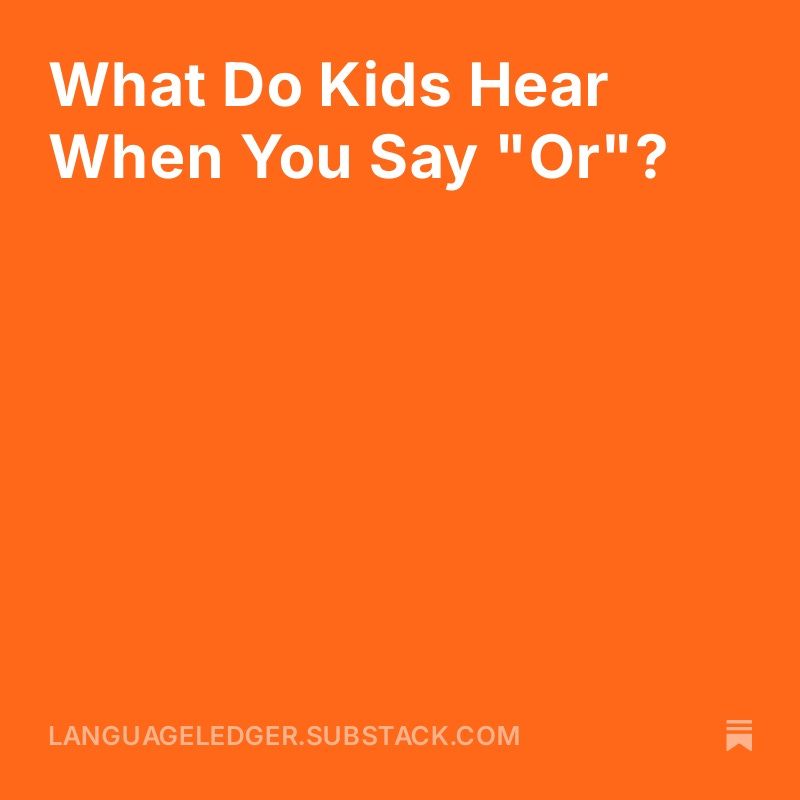
http://languageledger.substack.com
doi.org/10.1146/annu...
#langsky
doi.org/10.1146/annu...
#langsky
doi.org/10.1371/jour...
substack.com/inbox/post/1...
doi.org/10.1371/jour...
substack.com/inbox/post/1...
substack.com/inbox/post/1...

substack.com/inbox/post/1...
doi.org/10.5565/rev/...
substack.com/home/post/p-... 📖✨.

doi.org/10.5565/rev/...
substack.com/home/post/p-... 📖✨.
substack.com/inbox/post/1...

substack.com/inbox/post/1...
doi.org/10.32473/sal...
substack.com/inbox/post/1...
doi.org/10.32473/sal...
substack.com/inbox/post/1...
doi.org/10.51359/217...
substack.com/inbox/post/1...
doi.org/10.51359/217...
substack.com/inbox/post/1...
substack.com/inbox/post/1...
substack.com/inbox/post/1...
substack.com/inbox/post/1...
substack.com/inbox/post/1...
@bodowinter.bsky.social finds cardinals dominate English, with ordinals for dates & nominals for IDs. Even how we write numbers—words vs. digits—depends on context. Learn more: doi.org/10.1111/cogs...
substack.com/inbox/post/1...
@bodowinter.bsky.social finds cardinals dominate English, with ordinals for dates & nominals for IDs. Even how we write numbers—words vs. digits—depends on context. Learn more: doi.org/10.1111/cogs...
substack.com/inbox/post/1...
doi.org/10.1590/1981...
doi.org/10.1590/1981...

